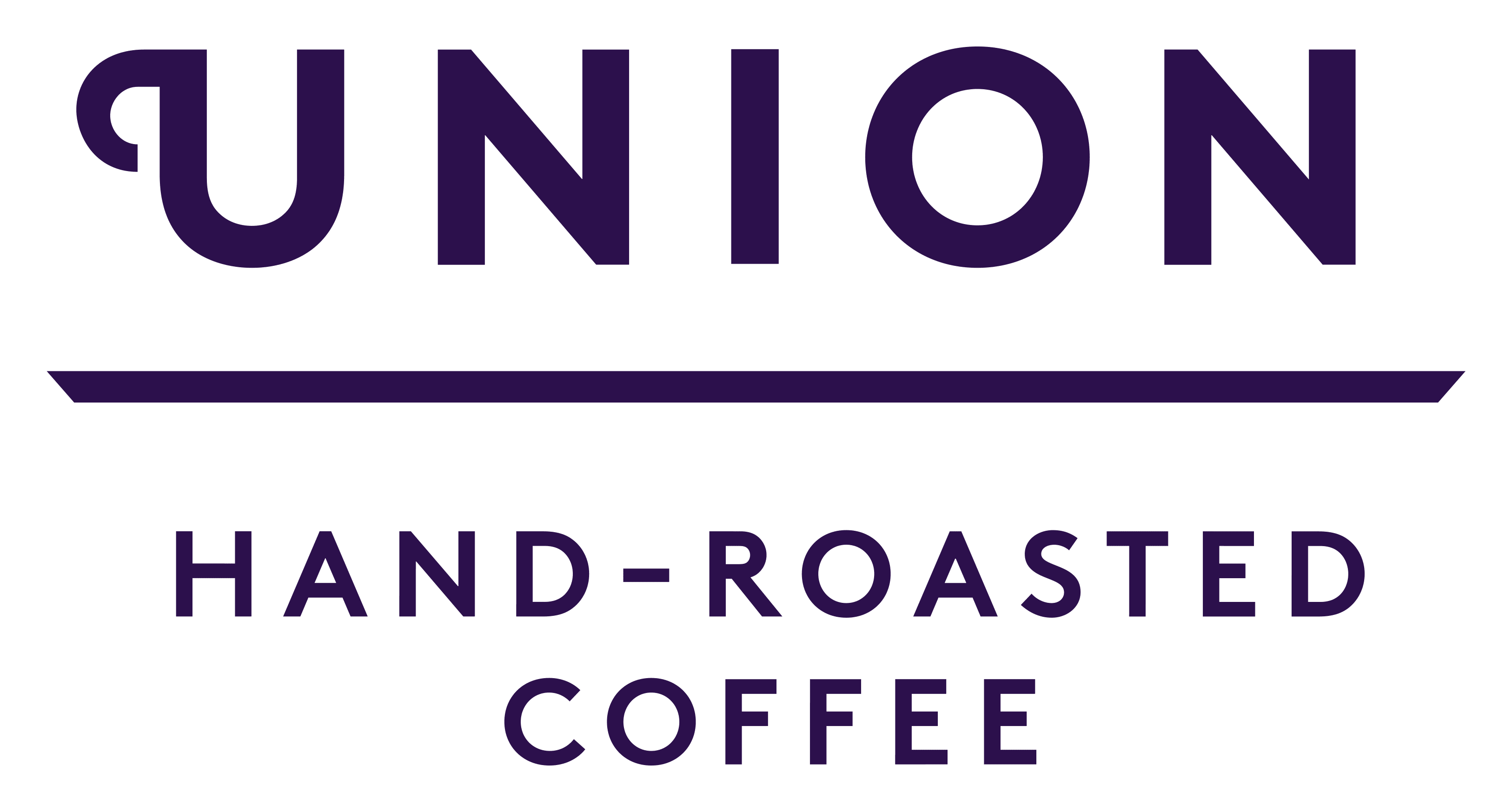First Published - February 12, 2012 (By Steven – Co-Founder)
Workshops with coffee producers in Tuiboch: Creating “Liberaćion”
If you’ve followed our series of posts about developing our ethical Union Direct Trade for coffee sourcing you’ll know that Pascale spent 6 months of last year in Central America working with the small scale farmers who produce the coffees we buy. Pascale has a Masters in Development Economics from Wageningen University (The Netherlands). She has returned to Guatemala at the start of the season to continue her work with us at Union on improving standards. With much talk about “Direct Trade” we consider this mechanism has to be more than just coffee provenance and likewise any claims made about profitability have to be verified. Here Pascale explains that most producers don’t have a clue what their production costs are and how we’re tackling this problem. (Steven)
Location: Tuiboch, Todos Santos Guatemala
Activity: Workshop about costs of production & labour standards
Participants: 22 producers.
Date: 6 February 2012
Monday the 6th of February I visited Tuiboch, Todos Santos. I gave two workshops, those who have followed my earlier blog know that I have spent some time with these producers in March/April 2011 conducting a study on their costs of production. This study helped the cooperative to define a fair price per quintal in pergamino (parchment coffee) which is set at 1250 Quetzales, for this year. One of the most important conclusions of this study was that none of the producers keeps a proper administration of their costs. This is very typical for small scale farmers. So my return to Guatemala was an excellent opportunity to present the results of the study and discuss my findings with the producers. I showed them how they can keep track of production costs and showed them a small booklet I have created for them in a format that will facilitate them to keep track of their costs of production! This way they can account for all their costs and ensure they sell their coffee at a price that allows them to reinvest in their farms.
My second workshop was related to a small-holder booklet developed by the Ethical Trading initiative (ETI), a British organization which aims to raise workplace labour standards among suppliers to into the British market. The standards ETI follows are based on those of the International Labour Organization (ILO). A Spanish version of the booklet has been created but Union Hand-Roasted Coffee have taken a more pro-active approach and discuss these working conditions with coffee producers. Therefore, we are going to the different communities in Guatemala and presenting the Labour Standards workshop and discussing them with the producers. Treating subjects as equal payments, fair payments and clean and secure working conditions are very important. To illustrate, during the workshop none of the producers were aware of the minimum wage in Guatemala. This is important if they hire pickers to help with the harvest on their farms.
After the workshop we cupped 9 coffees together along with the producers. The interaction was beneficial because producers could experience by tasting and learning for themselves for example, if coffee needed a couple more hours of drying in the sun. Also showing them the broken beans in the coffee helps them to understand the importance of calibrating their depulper machine with the correct sensitivity. We are going to repeat this exercise with the other communities that produce the coffee we have named “Guatemala Liberacion”, so I will keep you up to date.
It was a very successful day with the help of Cooperativa Esquipulas R.L. and the participation of the producers. See the photos for yourself!


